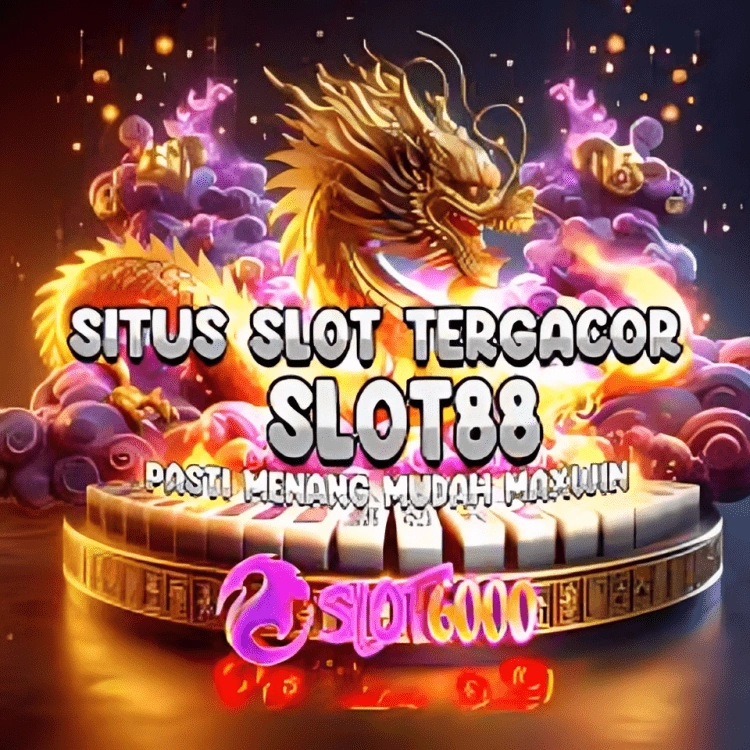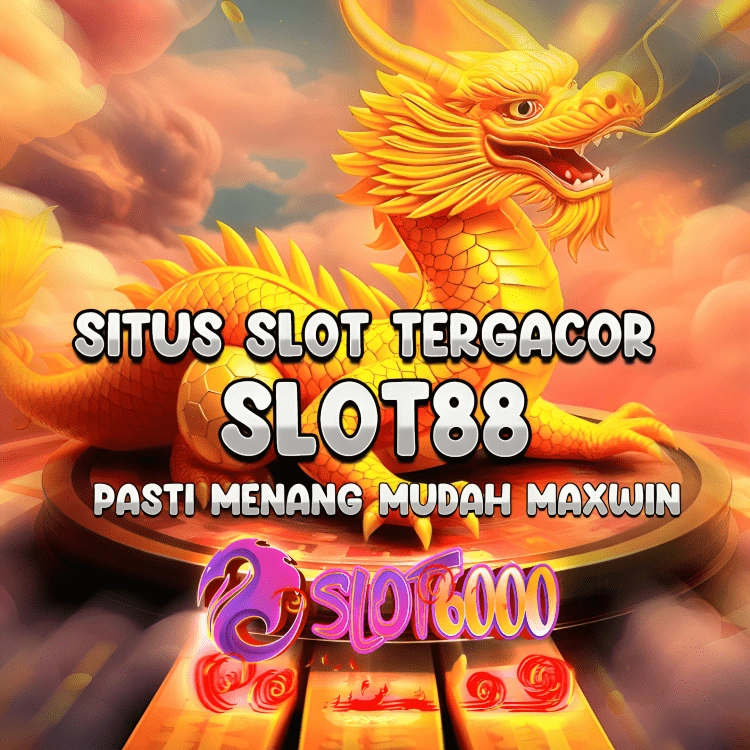The Best PlayStation Games That Make the Most of Portable Gaming
Portable gaming has always been an important part of PlayStation’s legacy, and the best PSP situs slot gacor games prove that handheld systems can deliver experiences that rival consoles. PlayStation games on portable systems were designed for shorter sessions but still offered deep stories and mechanics. The PSP library includes many titles that remain beloved because they delivered strong gameplay on the go. These games helped define what portable gaming could be.
PSP games often focused on gameplay systems that were easy to pick up but hard to master. This design made them perfect for handheld play, allowing players to enjoy meaningful progress in short sessions. The best PSP games offered depth without overwhelming players, making them ideal for travel or quick breaks. PlayStation games on PSP proved that handheld titles could be both accessible and deep.
PlayStation games on portable systems also pushed storytelling in new directions. PSP titles often explored unique stories and characters that felt different from console games. The best PSP games used the handheld format to deliver stories that felt personal and intimate. This approach made portable gaming feel special, offering experiences that were designed specifically for the device.
The best PlayStation games also made portable gaming feel connected to the larger PlayStation ecosystem. Many PSP titles expanded on popular console franchises or introduced new ideas that later appeared in console games. This cross-platform connection helped strengthen PlayStation’s identity as a unified gaming brand. PSP games showed that handheld experiences could be just as important as console releases.
Even today, PSP games remain popular because of their portability and strong gameplay. Players still enjoy revisiting these titles because they can be played anywhere, making them perfect for modern lifestyles. The PSP library includes many games that continue to feel valuable because of their design and accessibility. These games helped establish PlayStation’s reputation for great portable gaming.
In summary, PlayStation games continue to show how powerful portable gaming can be. The best PSP games delivered deep experiences on the go, proving that handheld systems could offer true gaming quality. Whether on modern consoles or classic PSP systems, PlayStation delivers games that are perfect for portable play.






